Western Bulk Herbs – Wild Cherry Bark
Wild cherry bark is analgesic, antiarrhythmic, antibacterial, anticonstrictive (in the bronchial tubes), antihepatotoxic, anti-inflammatory, fungicide, lowering blood pressure, lowering blood sugars, relaxing the muscles, “sedating” the uterus. The bark is also about 1/2% hydrogen cyanide, just enough to stop coughing and to relax the bronchial tubes without having any other physiological effects. Try pairing with Mullein for additional asthma help.
Latin Name:
Prunus serotina
Common Names:
Prunus serotina, Black Cherry (Prunus virginiana), Virginian Prune, and Choke Cherry
Parts Used:
Bark of root, trunk and branches
Properties:
Astringent tonic, pectoral, and sedative.
Traditional Uses:
Used as a tea.
Chemical Properties:
Acetylcholine, HCN, kaempferol, p-coumaric acid, prunasin, quercetin, scopoletin, tannins. Starch, resin, tannin, gallic acid, fatty matter, lignin, red colouring matter, salts of calcium, potassium, and iron, also a volatile oil associated with hydrocyanic acid by distillation of water from the bark
Cautions:
All stone fruits (cherries, apples, apricots, peaches, plums, pears) contain very low levels of hydrogen cyanide in their bark and pits.
Folk Lore:
From ancient times the cherry has been associated with virginity, the red colored fruit with the enclosed seed symbolizing the uterus. Buddhism teaches that Maya, the virgin mother of Buddha, was supported by a holy cherry tree during her pregnancy.
In Danish folklore, a good crop of cherries was insured by having the first ripe fruit eaten by a woman shortly after her first child was born. Many myths used cherries as symbols of both education and concealment. The cherry has been associated with virginity from ancient times to modern, which probably arose from the red colored fruit with enclosed seed symbolizing the uterus. Mountain Rose Herb
*Disclaimer: These statements have not been evaluated by the Food and Drug Administration. This product is not intended to diagnose, treat, cure or prevent any disease.
Resources:
PDR for Herbal Medicines, 2000. Medical Economics Company, Montvale, New Jersey.
The New Holistic Herbal. David Hoffmann, 1990. Barnes and Noble Books, New York.
A Modern Herbal, Mrs. M. Grieve, (Dover Publications, New York, 1971)
Major Herbs of Ayurvedic.Compiled by Dahur Research Foundation and Dahur Ayurvet Limited, Ghaziabad, India., 2002. Churchill Livingstone, London, England.
Chinese Herbal Medicine: Materia Medica, Third Edition, Dan Bensky and Andrew Gamble, 1986. Eastland Press, Seattle, WA.

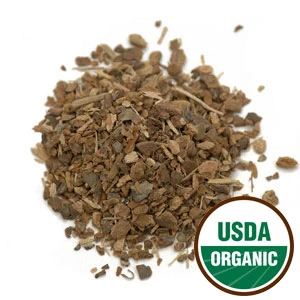
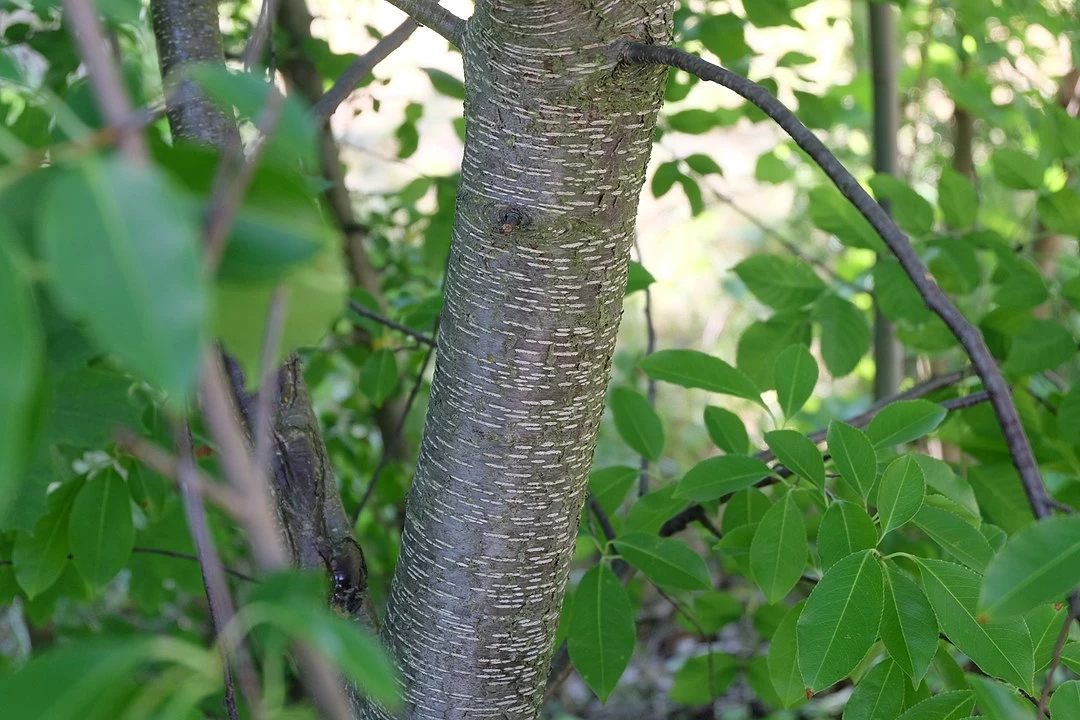
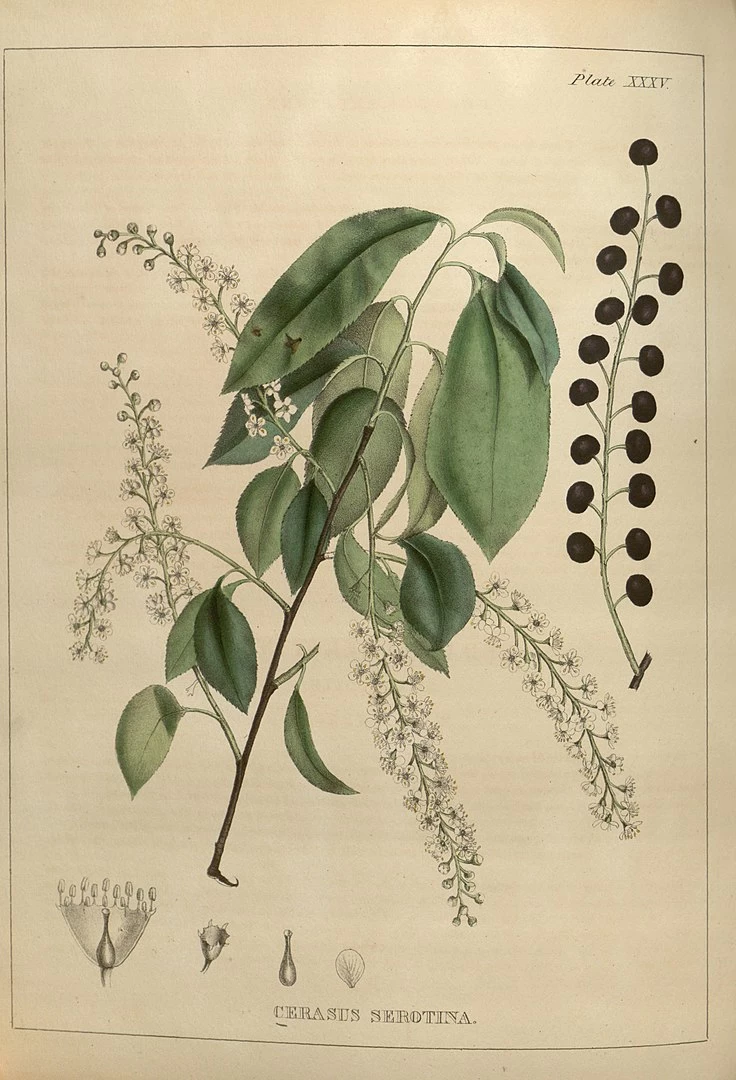
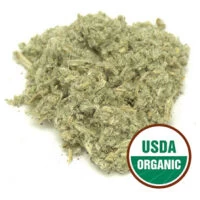
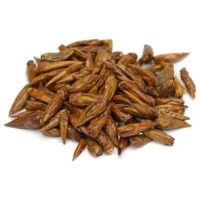
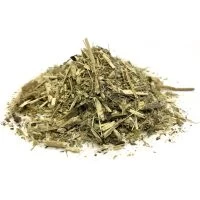
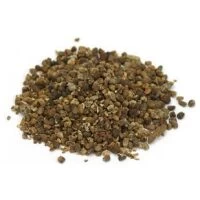
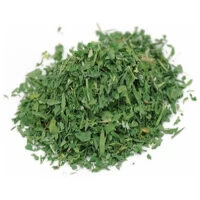
Reviews
There are no reviews yet.